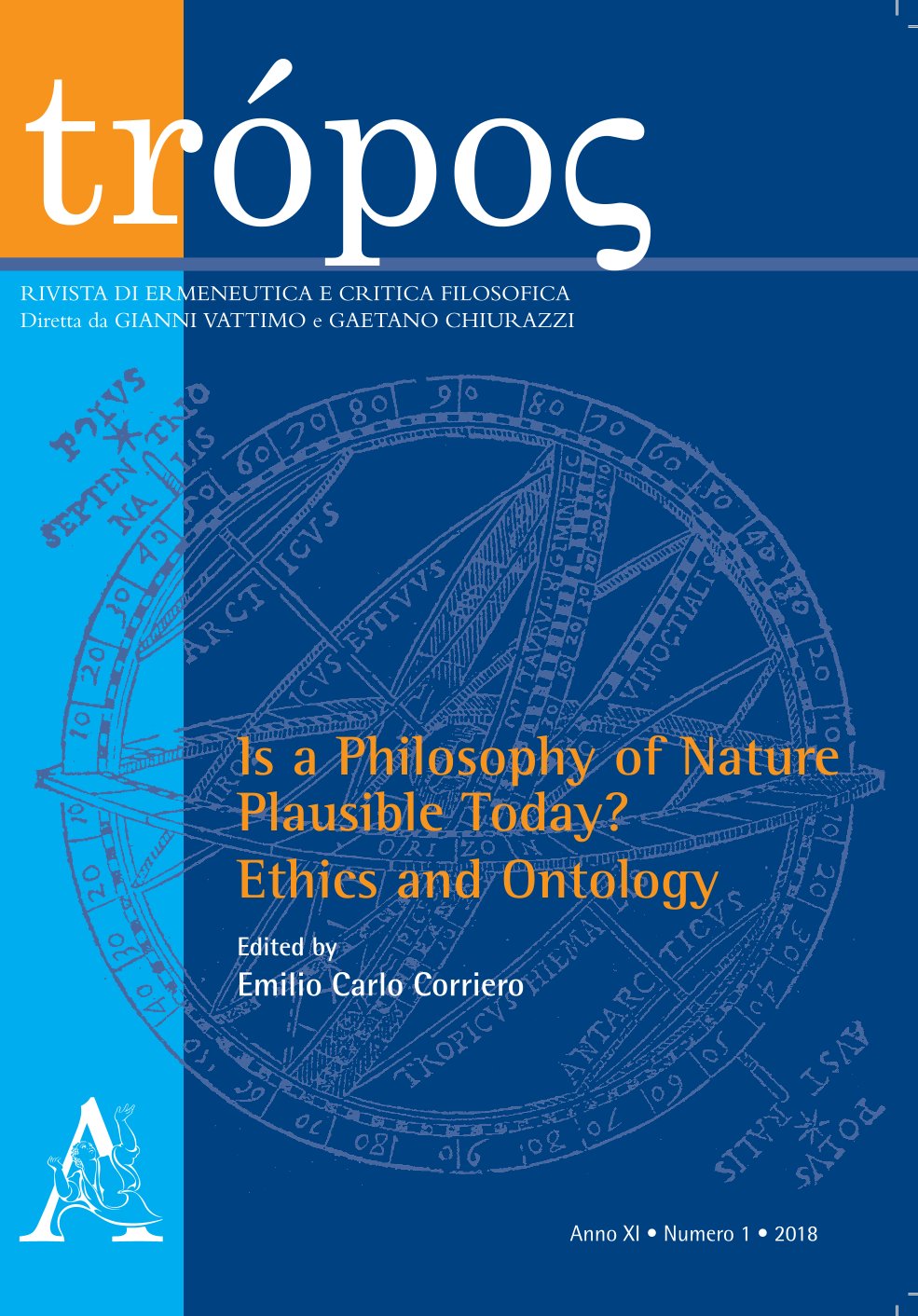Acting the Absolute
Theoretical premises of Schelling’s ethics
DOI:
https://doi.org/10.13135/2036-542X/8032Parole chiave:
Schelling, Philosophy of nature, Ethics, Freedom, AbsoluteAbstract
Is it really plausible an ethics without ontology? The controversial status of moral philosophy, its lack of foundations and the difficulties connected with its argumentation usually entail within the contemporary philosophical debate an approach which has a bias for a theory of ethics independent from a philosophical Weltanschauung. This is in particular due to the fact that the widespread “naturalism” in philosophy, would eliminate the room for freedom as necessary condition of any moral action. Indeed the fundamental question of moral philosophy lies in the possibility to solve Kant’s third antinomy, in a way that Kant himself seems to outline in its Kritik der Urteilskraft.
This was at the end the main aim Schelling pursued in its philosophy of nature, thinking of it as the grounding of the entire philosophy, ethics included. The particular nature of the grounding, that Schelling finds in his inquires, entails freedom as the main character of being in general and of human being in particular. For its particular position in the world, its Mit(t)wissenschaft of creation, the human being is able to act according to the law of Identity, and its action— when it is ethical—repeats and continues the action of the Absolute.



